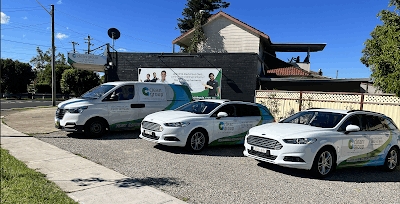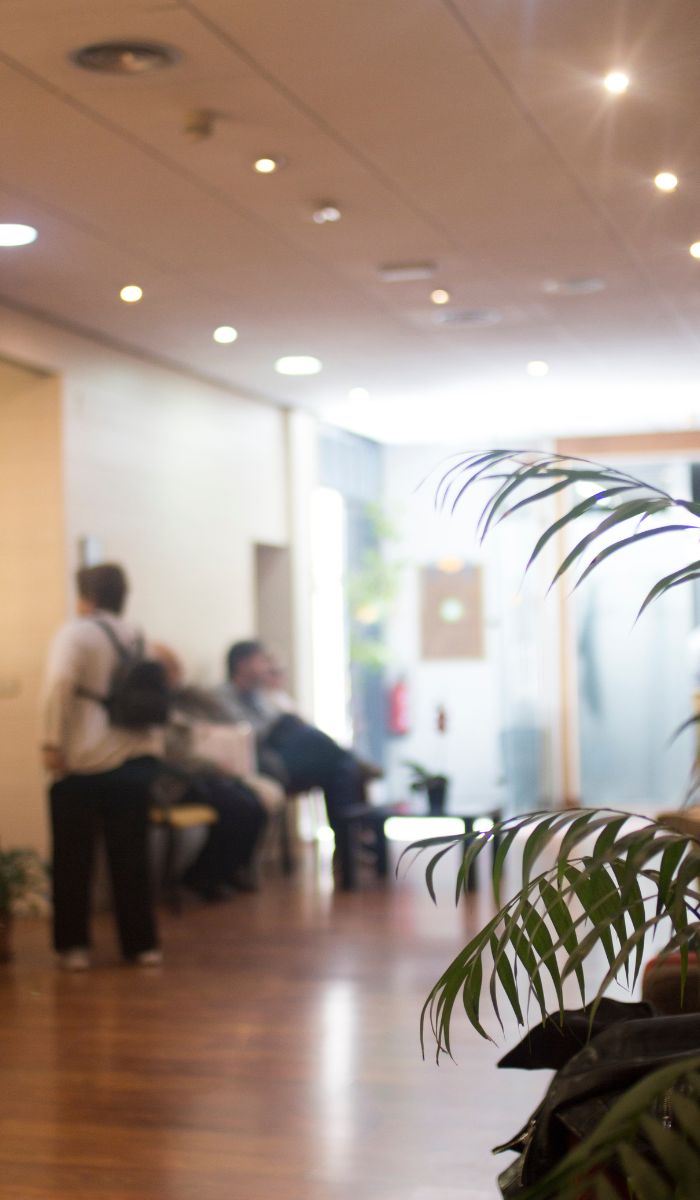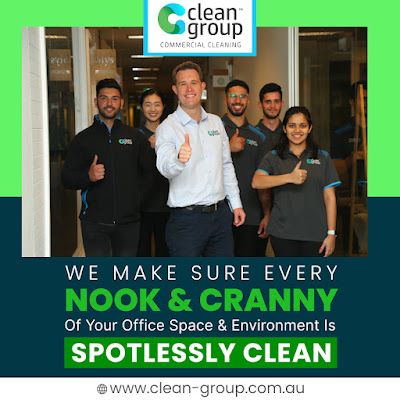
How Companies Can Minimize Health Risks for Cleaners
What Defines an Eco-Friendly Commercial Cleaning Service?
While cleaning has traditionally been seen as a manual task, the advent of automation, robotics, and advanced cleaning systems has streamlined the process significantly. Automated systems, such as conveyor belt cleaning systems in industrial settings, or self-cleaning toilets and dispensers in public restrooms, are helping reduce the amount of time and effort required to maintain cleanliness. These systems are often equipped with sensors to detect dirt, germs, and waste, ensuring that cleaning occurs in real-time when needed, rather than relying on set schedules.
Moreover, hybrid and flexible workplaces are influencing how and when cleaning services are delivered. As more businesses adopt hybrid work models, cleaning companies must adjust their schedules and service frequencies accordingly. This requires a more dynamic approach to service delivery-one that's based on usage rather than fixed routines. On-demand cleaning and subscription-based models are becoming more popular, allowing clients to scale services up or down based on occupancy and need.
Clean Group provides comprehensive and professional Clean Group A Trusted ISO Certified Company across Sydney, NSW. Our fully insured, trained, and security-verified cleaners ensure your workplace stays spotless and hygienic. Schedule a free onsite quote today—book online or call us at 02 9160 7469. Get your obligation-free commercial cleaning estimate for offices, buildings, and other business spaces in Sydney..

